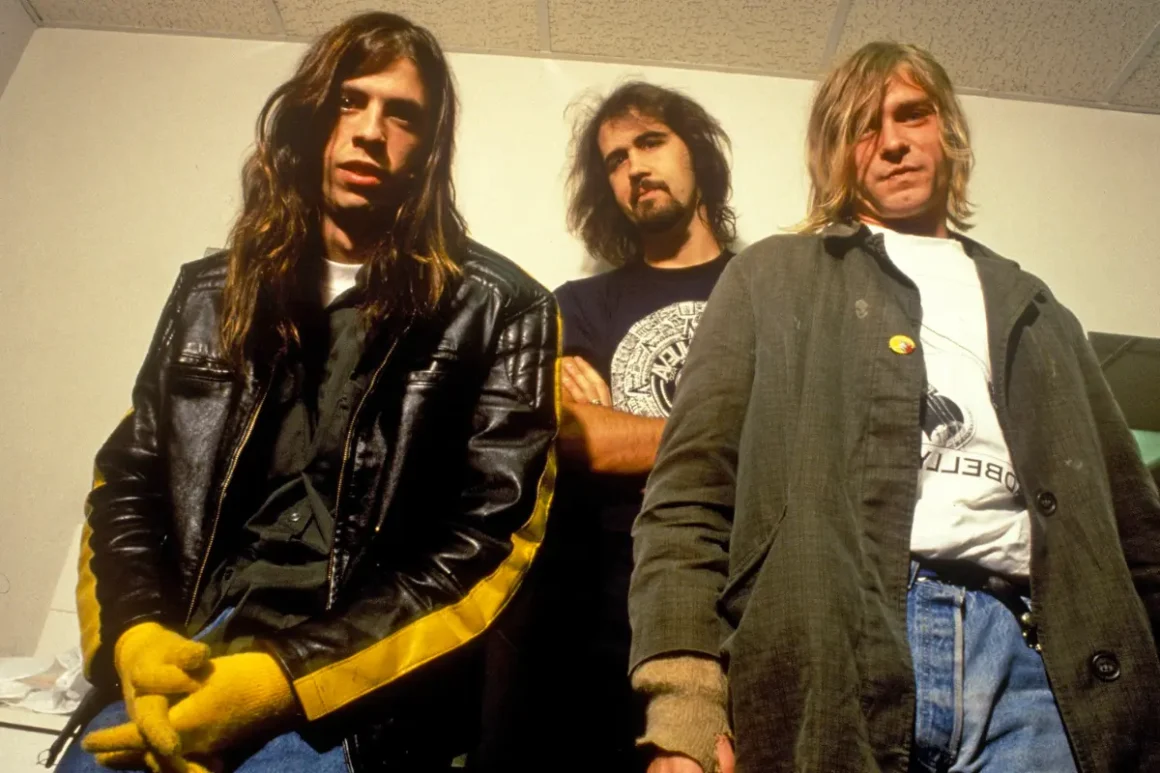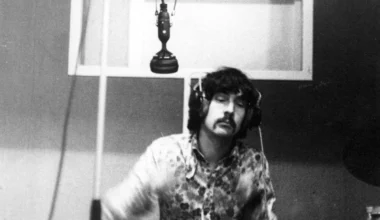Any record released in 1993 with the name Nirvana on it was almost certainly going to sell well. Although the band had no intention of becoming one of the biggest bands in the world, Kurt Cobain developed an ideal response to all of MTV’s phoniness. This transformation turned Nevermind into one of the best albums of the decade overnight. While the conventional approach would have been to redo everything, Cobain wanted to move in the opposite way. This turned out to be a nightmare for the record business.
Instead of going with a well-known producer, Nirvana chose to work with Steve Albini. His work with indie bands like Pixies and Jesus Lizard earned him recognition. Following arguments with the higher-ups, the intention was to churn out the record in a matter of days. They settled into Albini’s Pachyderm Studios to do it.
Once they got going, the Nirvana produced some of their most venomous material. Dave Grohl’s drumming sounded tremendous in the room, matched only by Cobain’s primal shriek. These elements were evident throughout tunes like ‘Scentless Apprentice‘ and ‘Serve the Servants,’ which included Albini’s customary searing production.
The album included future hits like ‘Heart Shaped Box‘ and ‘Dumb,’ but the production turned unexpectedly heavy. When asked about the record company’s reaction, Dave Grohl recalled that their label thought they were playing a joke on them. They believed the album was far too rough to be the follow-up to Nevermind.
The album was in danger of not being published, according to Albini. He recalls, “They turn up with this record, which I think is a really good document of where the band was at the time.” This harsh and bracing music confronts the record label with a difficult decision. Their initial reaction is that it’s bad, they can’t release it, and they have to do it again.
Despite sticking to their original vision, Cobain acknowledged that the mix muffled the vocals. Scott Litt handled the final mixing duties for the album, with only a few minor adjustments made elsewhere. He had previously worked with R.E.M.
Despite the label’s mounting worry, In Utero would go on to become one of Nirvana’s most significant musical successes. It captured the repercussions of being in a platinum rock band after knowing the security of punk squalors. Even though the band had graduated to playing stadiums across the world, no one could have guessed how real Cobain’s anguish was.
After fighting tooth and nail to get the record released, the lead vocalist was still unhappy with his standing in the world, despising playing stadium events in front of millions of people. He wished to leave the music industry entirely before committing suicide in his house in 1994. Cobain had never been more honest about his mental state than on his unanticipated swan song, despite the darkness portrayed on In Utero.








